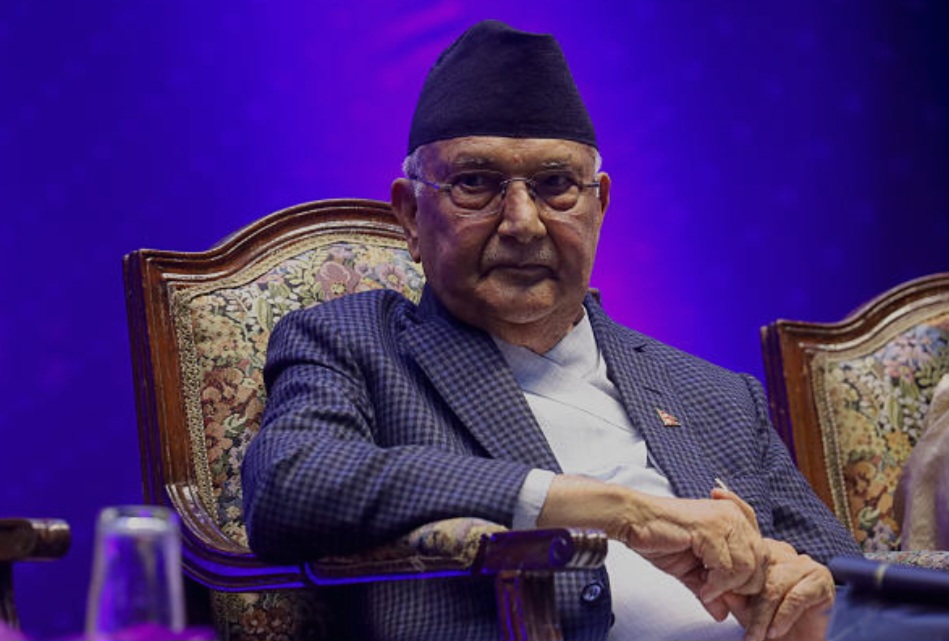
Crystal Dike
Nepal’s fragile political landscape took another dramatic turn on Monday as the interim government imposed a travel ban on ousted prime minister K.P. Sharma Oli and four former senior officials, in the wake of a judicial probe into the deadly Gen Z protests earlier this month.
Interior Minister Ramesh Lekhak confirmed that the restrictions will prevent the former leaders from leaving the country or moving outside the Kathmandu Valley without permission from investigators. The decision followed recommendations from a judicial commission examining the Nepal unrest that rocked the nation after authorities announced a sweeping social media ban on September 8.
The ban triggered mass street demonstrations led by young Nepalis, furious over restrictions on digital freedom. What began as peaceful defiance quickly spiraled into violent clashes with security forces. Forensic reports later revealed that live ammunition was fired at protesters, leaving at least 74 dead and more than 2,000 injured.
Amid the chaos, demonstrators stormed and set fire to major government institutions—including Parliament and the Supreme Court—forcing Oli’s resignation on September 9.
Alongside Oli, the Nepal government crackdown probe now covers former home secretary Gokarna Mani Duwadi, ex-National Investigation Department chief Hutaraj Thapa, former Kathmandu chief district officer Chhabi Raj Rijal, and Lekhak himself, who once served as home minister.
The interim administration, led by Sushila Karki, has pledged accountability for the crackdown, which business groups estimate caused $600 million in losses. The judicial commission investigating the Gen Z protests is expected to release its final report in the coming weeks, a verdict that could shape Nepal’s next political chapter.
